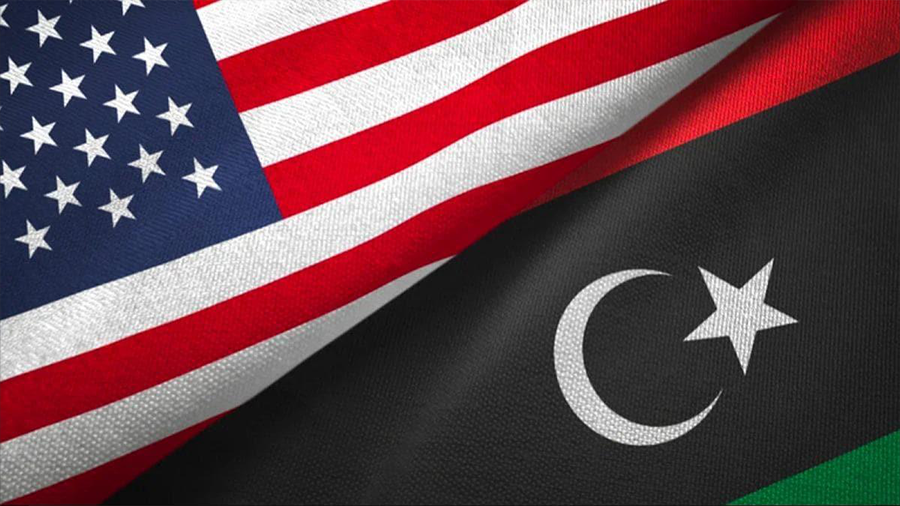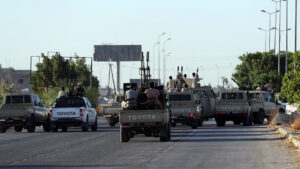Foreign Policy magazine said that a “game-changing” bill at the US Congress has hit an impasse over programs in Haiti and Libya.
The magazine said that the landmark U.S. foreign aid bill, passed nearly three years ago, named (The Global Fragility Act, passed by Congress in December 2019) has hit a snag amid an impasse between Congress and the Biden administration over where to start funding these foreign aid programs, knowing that the current locations are in Libya and Haiti.
Under the Global Fragility Act, the Biden administration was tasked with picking four pilot countries and one region to start new programs aimed at tackling the root causes of fragility and political instability. It announced those picks in April: Haiti, Libya, Mozambique, Papua New Guinea, and a grouping of five Coastal West African countries (Benin, Ivory Coast, Ghana, Guinea, and Togo) that will take part in the revamped U.S. strategy.
But Democratic Sen. Chris Coons and Republican Sen. Lindsey Graham have objected to the administration’s plan to begin Global Fragility Act pilot programs in Libya and Haiti, according to officials and aides familiar with the matter.
They almost immediately, Graham and Coons, who lead an influential Senate subcommittee that oversees funding for U.S. diplomacy and foreign aid, objected to the administration’s choices of Libya and Haiti, arguing they’re not the right fit for this new program.
They argue that the programs, aimed at tackling the root causes of instability, extremism, conflict, and extreme poverty, require cooperative partner governments to work effectively. The debate hinges on whether Libya’s and Haiti’s governments are too fragile for the Global Fragility Act.
Libya has been wracked by years of violent conflict after the 2011 ouster of longtime dictator Muammar al-Qaddafi, and it is still facing massive instability as two rival governments vie for power.
Both Haiti and Libya rank among the countries viewed as the most corrupt, sitting at 164th and 172nd out of 180 countries, respectively, scored by corruption tracking organization Transparency International.
The lawmakers fear these countries are too unstable at this point for Global Fragility Act programs to be effectively implemented, unlike Papua New Guinea or Mozambique, which have a baseline of relative stability and governments interested in cooperating, even if they still face serious issues with governance, corruption, and instability.
A State Department spokesperson defended the process of country selection for the pilot program, saying it came after “an interagency process of in-depth analysis and extensive consultations” with Congress.
Liz Hume, executive director of the Alliance for Peacebuilding nonprofit, said she remains confident the Global Fragility Act will move forward, even despite all the snags and delays so far, because it still has bipartisan support, and because Washington simply can’t afford not to rethink how to do foreign aid and conflict prevention.
“We’ve got to start finding a way to get ahead of these conflicts,” she said. “Otherwise, we’re always going to be scrambling and reacting, from crisis to crisis to crisis.”





